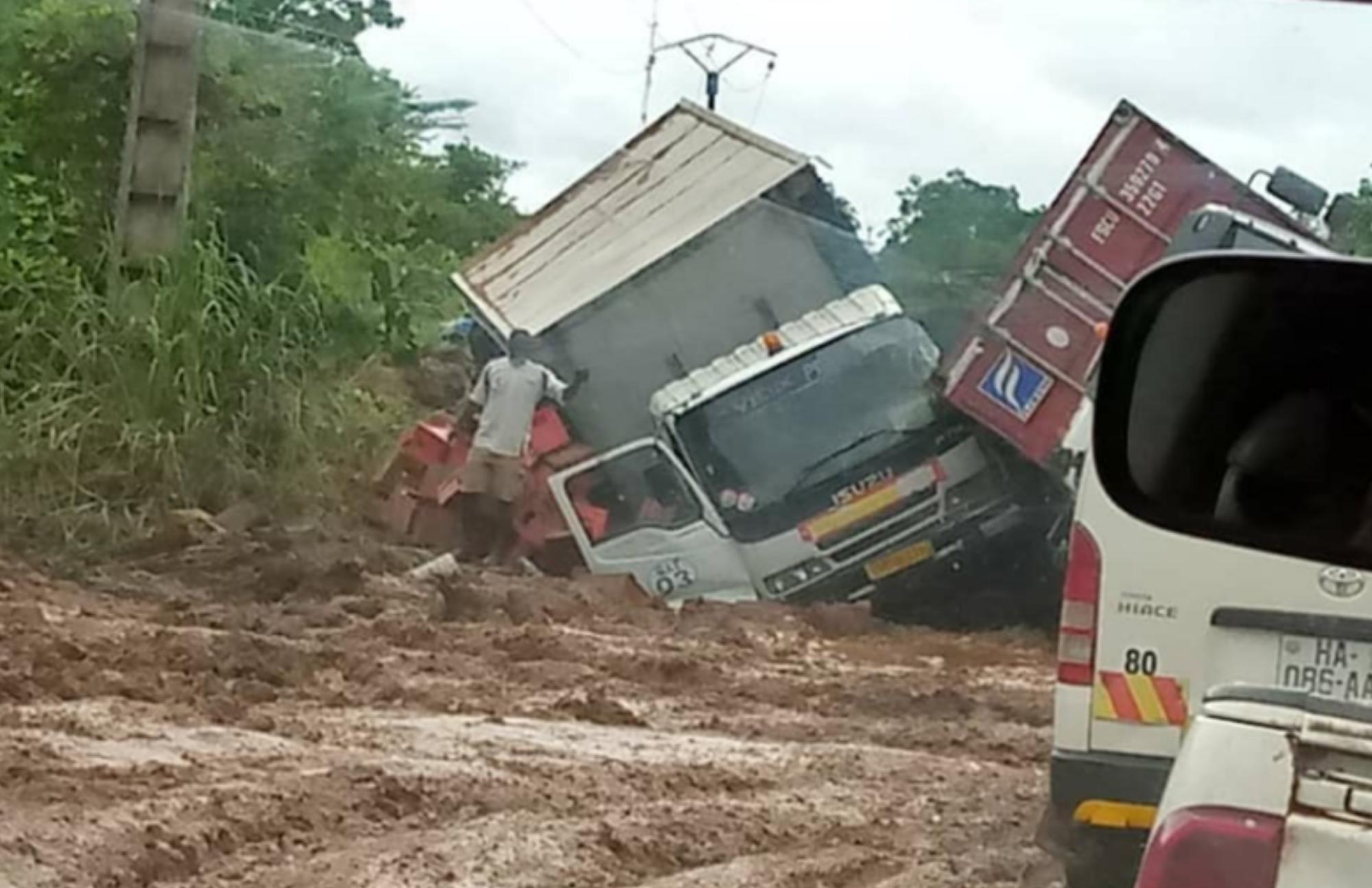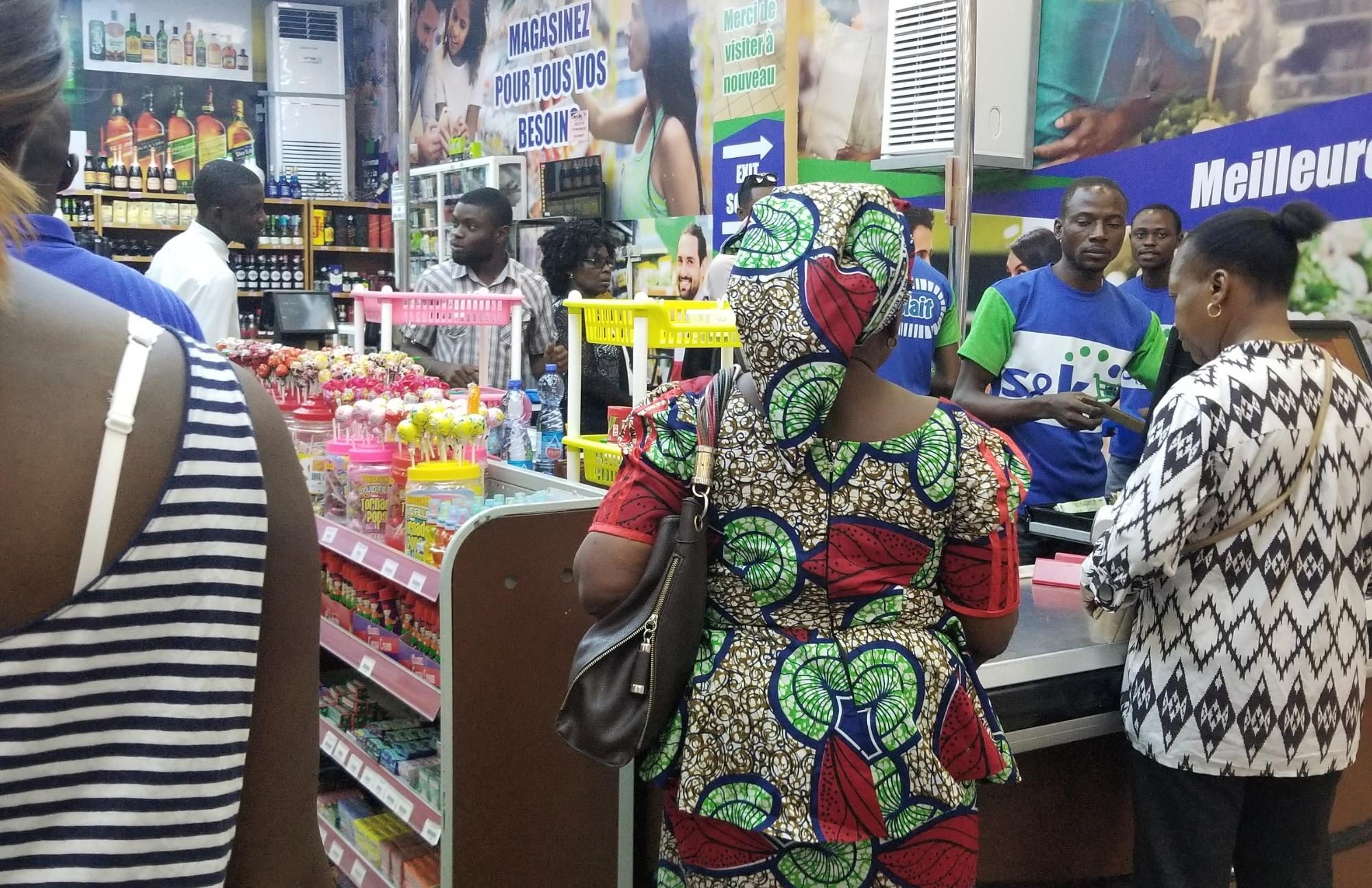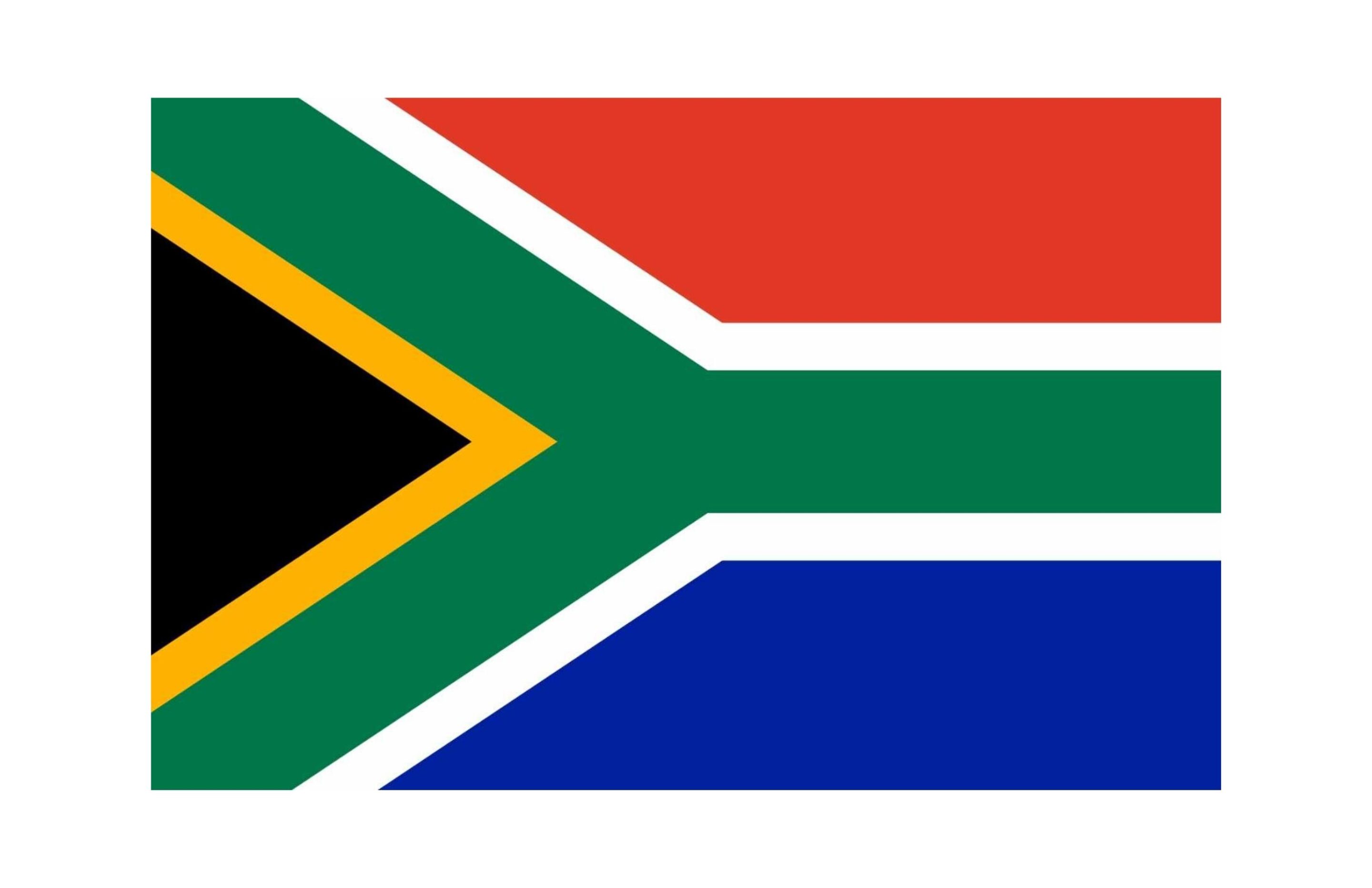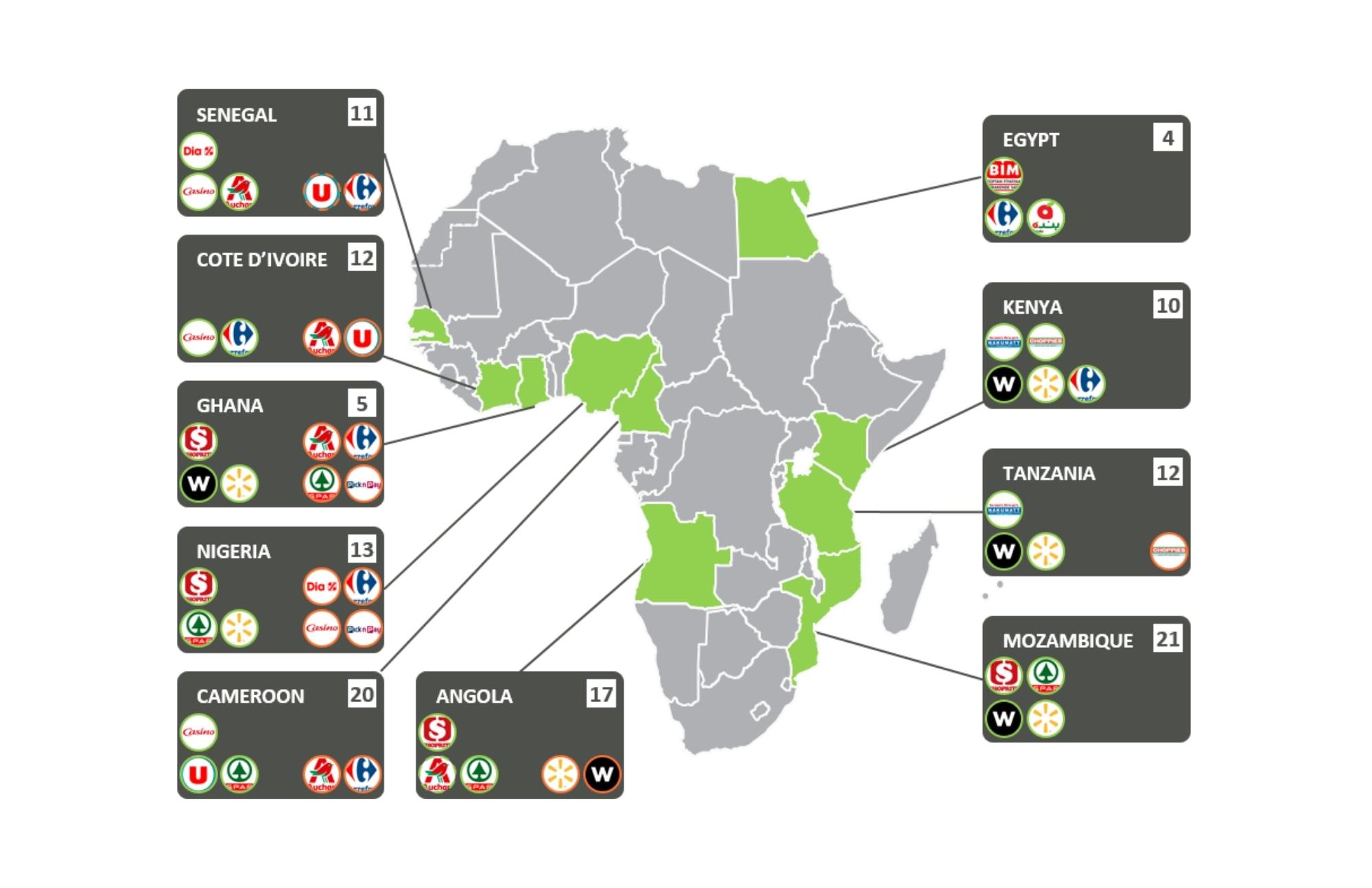After the coup in Niger, the Economic Community of West Africa States (ECOWAS) met in Abuja on 30th July 2023 and agreed severe financial sanctions against Niger. These include the closure of borders, and the suspension of all trading and financial transactions with Niger. In theory, this means that no money, oil, goods, electricity or services can enter or exit Niger via an ECOWAS country.
Niger has borders with 7 countries: It is bounded to the northwest by Algeria, and to the northeast by Libya. Chad sits on its eastern border. Benin and Nigeria have boundaries to its south whole, and on the west it is bounded by Burkina Faso and Mali. Algeria, Libya and Chad are not members of ECOWAS.
Burkina Faso, Mali and Guinea, all of which experienced coups in 2021/2, have come out in favour of the military junta in Niger. Chad, which is not a member of ECOWAS, suffered a coup attempt in 2021. Chadian President Idriss Déby was killed in April 2021 and a second coup attempt was reportedly foiled in January 2023.
Niger’s population centres are all to the south of the country. Its capital and largest city Niamey, is in the south west and relatively close to Burkina Faso, Benin and northern Nigeria. Niger’s land borders with Mali, Chad, Algeria and Libya are all across the Sahara Desert and are minor trade routes.
The short term impacts are likely to be severe and include:
Shortages of fuel and consumer goods, including staple foods
Significant increase in cross border smuggling
Electricity blackouts
Severe economic deterioration, including access to fx
Knock on impacts in Benin and Nigeria
Shortages and blackouts
Niger is dependent on imports via the Beninese port of Cotonou. Reportedly, 1,000 trucks a day send goods via this important trade corridor into Niamey. The embargo will cause shortages of fuel, food and other goods and drive a significant increase in cross border smuggling, including across the large and relatively porous border with Nigeria.
The closure of the border between Nigeria’s northern trade corridor and Niger, which ultimately connects Chad, Nigeria, Niger, Mali, Algeria and Tunisia via the trans-Saharan road corridor means a huge loss of trade – estimated at up to $1.3bn annually. Trucks from Nigeria reportedly account for 40% of the total daily traffic of 104,179 trucks per day along the trans-Saharan road corridor.

Source: Trendtype Market Navigator
Informal cross border trade routes between Nigeria and Niger are well established, not least for fuel. Prior to both the coup and the Nigerian government removing the subsidy for fuel, up to 40m litres of fuel was smuggled out of Nigeria each day, according to official government estimates – the same amount as is used within the whole of Nigeria on some days. Most went to Cameroon and Chad, but Niger was a major recipient too. The cost of fuel has rocketed in Nigeria since the removal of fuel subsidies in May 2023, and inevitably smuggled fuel in Niger will be even more expensive. It remains to be seen how effective the embargo is at a local level to stop informal cross border trade.
The embargo is already leading to blackouts because 70% of Niger’s electricity is generated in Nigeria. Businesses and consumers that turn to diesel generators will be hit twice – firstly by the switch to diesel costs and secondly by the high cost of smuggled fuel. This will inevitably hit the supermarket sector hard as well as local manufacturing.
Economic isolation
In the mid term, we believe France will push for EU sanctions and the coup will lead to Niger’s economic isolation. The EU has suspended financial support for Niger. The US has paused some foreign aid. On 31st July, the IMF suspended the $131.5m loan it had approved earlier in the month. The World Bank has around $4bn of commitments in Niger in sectors such as energy, infrastructure and education. It has not yet suspended operations.
The Central Bank of West African States (BCEAO)has frozen Niger’s accounts, meaning Niger’s treasury can no longer function properly because all external transactions go through the regional central bank. Financial sanctions will block transactions through the interbank clearing system.
Niger’s budget is also dependent on oil exports. 2023 was supposed to be the year of recovery for the Nigerien economy. The shrinking of the trade deficit was driven by the increase in oil exports linked to the commissioning of the Niger-Benin pipeline. If oil exports are shut down, the Nigerien government faces insurmountable problems.
Maximum pressure
ECOWAS and France are applying maximum pressure quickly in a bid to bring the military junta in Niger to its knees. The US is playing mediator: Acting Deputy Secretary of State Victoria Nuland has met with military leaders, but not coup leader General Abdourahamane Tchiani, this week. The talks were, reportedly, “difficult”, which is diplomatic speak for concluded without resolution.
Nigerian President Bola Tinubu, the current head of ECOWAS, has threatened military action against the junta. But he himself is facing a backlash in Nigeria and Nigeria’s senate opposes sending troops to Niger. A deadline issued by ECOWAS for junta leaders to step down or face military action has already expired. Note also that Benin had said that it would not send troops while Burkina Faso, Mali and Guinea’s support for the junta has split ECOWAS. Algeria and Chad have also come out strongly against ECOWAS military intervention.
The coup leaders have closed Niger’s airspace and are reportedly considering offers from Russia’s Wagner mercenary group, which is heavily embedded in Mali, to provide military support.
China’s government has issued a statement to the effect that it hopes Niger will find a diplomatic resolution. Chinese interests favour political stability and therefore this statement can be read as soft opposition to military intervention but no obvious support for the junta.
So something has to give because of the radical short term economic impact on Niger. Nigeria alone holds the power to throttle the Nigerien economy and can muster enough support in the short term from Benin to do so. While Burkina Faso’s position on Niger is opposed to Nigeria’s and there may be longer term implications to a split in ECOWAS, it cannot offer Niger a financial or commercial lifeline.
The major impact beyond Niger is regional stability in which Niger. France has 1,500 military personnel in Niger, which it intends to use as the base for counterterror operations in the Sahel region. Its role in much of francophone West Africa is viewed with some suspicion. France has withdrawn its troops in Mali and in June 2023 the Malian government Mali told the UN that its 12,000 peacekeeping force, which is used to counter Islamist insurgency, had to leave.










